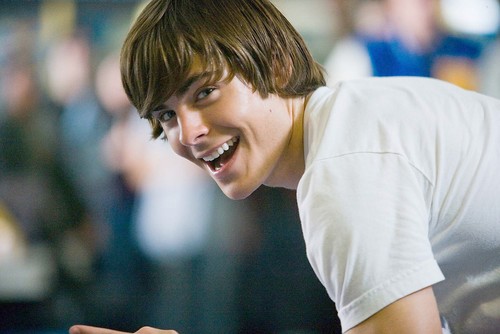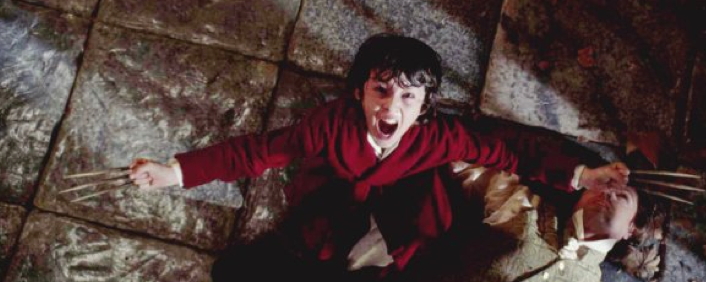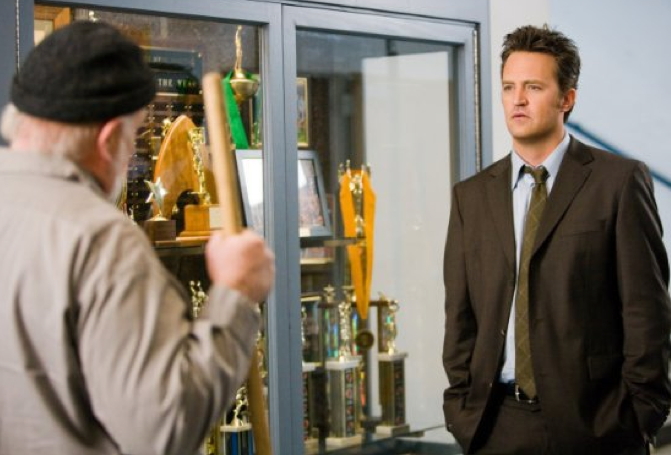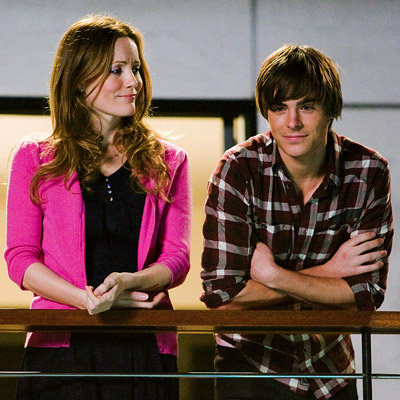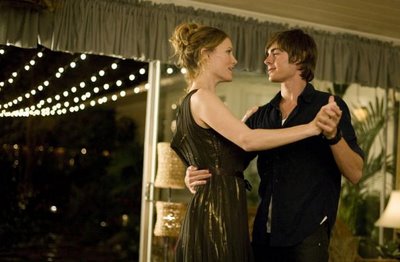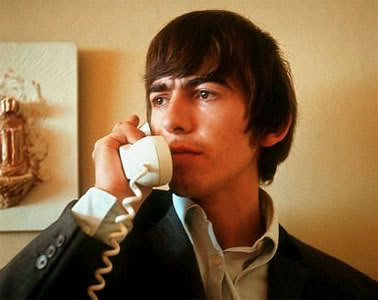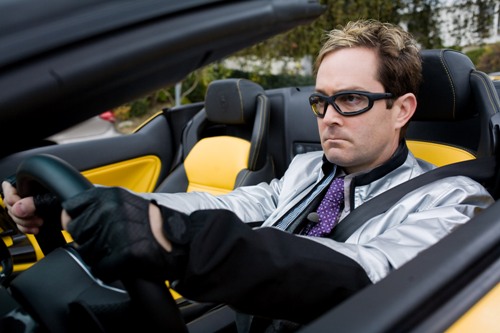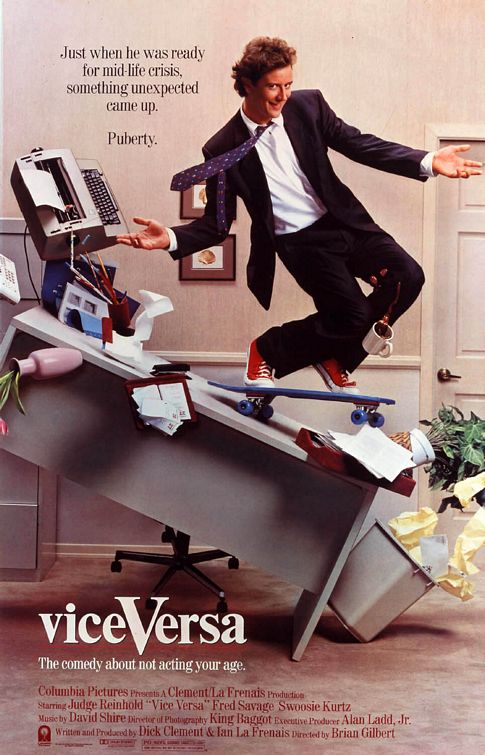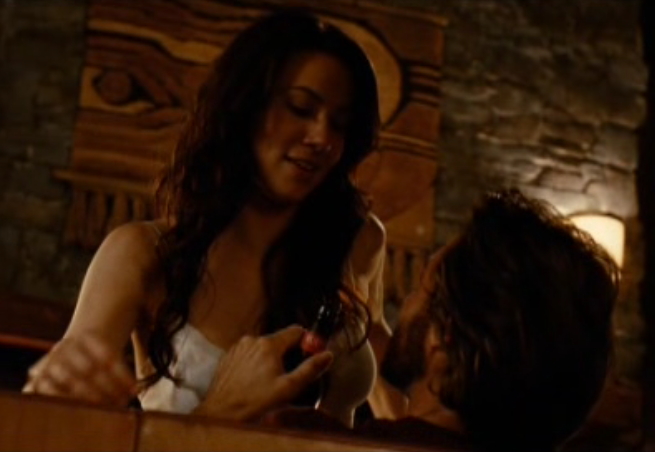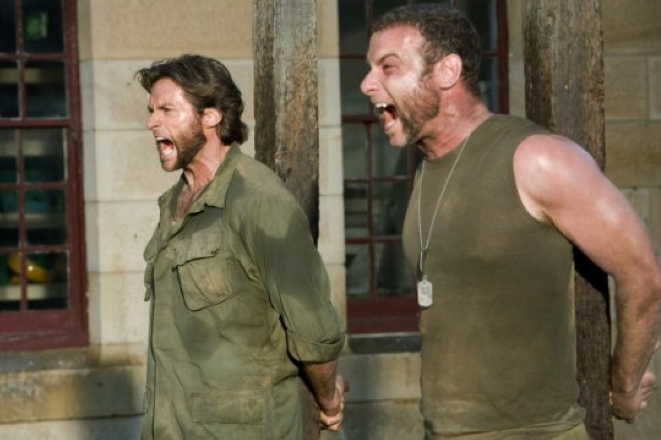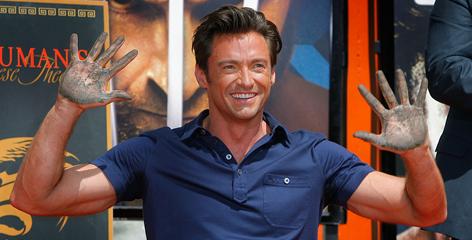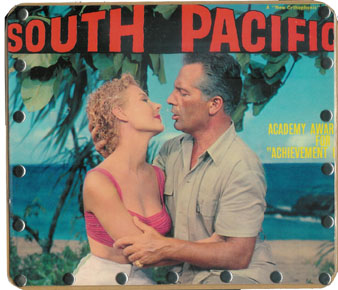 FILM
FILM In Which Nothing Says Goodbye Like A Bullet
 Tuesday, April 28, 2009 at 10:52AM
Tuesday, April 28, 2009 at 10:52AM 
Softly Glowing Detective Story
by MOLLY YOUNG
The Long Goodbye begins the way every California detective story should. A shifty-looking man named Terry Lennox shows up in the middle of the night and asks his friend, the private eye Philip Marlowe, for a ride to Tijuana. Lennox is wearing gloves and nursing a quartet of fingernail scratches on his right cheek. Marlowe complies, no questions asked. What are friends for?

"Vaya con dios," Lennox calls in farewell as he hops out of Marlowe's car at the border.
"Oh, thanks a lot," Marlowe mutters. It is now dawn. The police show up at Marlowe's house that afternoon and arrest him. Terry Lennox's wife is dead, Lennox is the prime suspect, and Marlowe is accused of acting as an accessory to the crime. "Where didja go last night, Marlowe?" one of the cops asks him. "Oh, is this where I'm s'posed to say, 'What is this all about?' and he says, 'Shut up, I ask the questions'"? Marlowe wisecracks. He is arrested.

The Long Goodbye is filmed the way a lot of movies in the seventies were filmed, to ensure that everyone comes out with peach-colored skin and softly glowing hair. When Vincent Canby reviewed it in 1973, the critic found Altman's movie so good that he "didn't know where to begin describing it."

Outlining the plot, based on Raymond Chandler's 1953 novel, is indeed a pain in the ass. Luckily, it isn’t necessary, since the storyline is neither a tight nor particularly compelling one as Altman spins it. Gould's Marlowe, plus the sleazy Los Angeles atmospherics that Altman is so good at portraying, are the beginning and end of The Long Goodbye.

It is more than enough to spend the film wrapping your head around Gould's character. He has a particular kind of male swagger built of equal proportions masculine and feminine qualities; being slender but deep-voiced; graceful but stolid, attractive to women but invulnerable to their charms. His face has just the right proportion of elegant and roughhewn features. He moves gracefully and with only a mild awareness of those around him. In the same category of male actor are Peter Fonda, Paul Newman and Steve McQueen. One can find examples of the type in every decade.
Gould's Marlowe is cool without being unflappable. This is an interesting trick. Coolness is the impression of invincibility, but Marlowe gets beaten up, told off, hoodwinked and hit by a car over the course of the movie. Even his cat has the best of him: "You clawed me, you sonuvabitch," the private eye complains.

Like all exemplars of coolness, Gould’s Marlowe inspires imitation, and while it might be useful to watch the film with a friend for plot-unraveling purposes, it is even better to watch it alone for Marlowe-imitating purposes. Some things will come easy: slouching, sleeping in your clothes, talking to yourself, lighting dozens of cigarettes, and buying brownie mix at 3 AM for the neighbors.
Others will be more difficult to arrange, like having two best friends in the world: one a cat and the other a murderer. Do your best, and dwell in how langorous you’d look if Altman were there to film you.
Molly Young is the senior contributor to This Recording. She tumbls here.

"Lapsed Catholics" — Future of the Left (mp3) highly recommended
"Throwing Bricks at Trains" — Future of the Left (mp3)
"You Need Satan More Than He Needs You" — Future of the Left (mp3)
"I Am Civil Service" — Future of the Left (mp3)
Future of the Left myspace

 elliott gould,
elliott gould,  robert altman
robert altman 





























